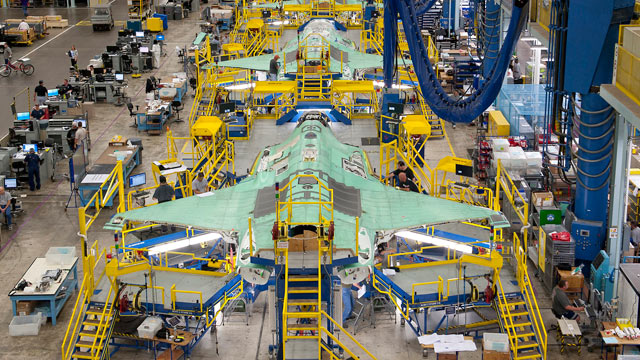Download the book from here.
Introduction
The ability of any nation or people to defend its borders from foreign threats has been part of human existence from the very beginning of time. For a nation to be considered independent, protecting its territorial integrity is essential otherwise its very existence comes into question. A nation that is able to secure its territorial integrity can then focus on internal development and prosperity, not having to worry about external interference. This situation is achieved through the development of an industrial base that manufacturers military equipment. This then makes a nation capable of defending its borders and also makes it self-sufficient in this endeavour. This deterrent capability also gives a nation power projection capabilities, this then allows it to play a role in the world well beyond its borders.
Throughout history civilisations, nations, tribes and empires constructed armies to defend their lands, they built weapons industries of varying types and harnessed whatever technology was possible in their era to defend their lands and project power. A cursory glance at history shows world powers all possessed armies, advanced weapons and a cutting edge over their competitors. The Roman Empire, the British empire, the USA, Bonaparte’s France, Nazi Germany, Imperial Japan, the Soviet Union, China as well as the Khilafah, all constructed military industries and armies so they could defend their borders and project power globally.
It is not surprising those nations that have advanced military industries are also the world’s powers and have developed an international system that protects their interests. When we look at the Muslim world however we find most nations are not independent with their military requirements and most of them rely on the west for basic security, this is why it is not surprising that none of the Muslim nations influence the global balance of power.
Constructing the Khilafah’s defences will be one of the most critical areas on its establishment as defending the Ummah and projecting power will be critical issues. This book is the fifth in a series looking at how the Khilafah would deal with critical areas of a new state. Industry, education, energy and foreign policy have been researched and analysed in previous publications. This book will analyse how a nation in the modern era secures its borders, projects power and create an image of strength. It will analyse the military strength of the world’s powers in order to encapsulate the factors the future Khilafah state will need to consider. It will analyse the state of the defence-industrial base in the Muslim countries assessing where the strengths are and where development is needed. This book also analyses polices the Khilafah will need to pursue in order to defend the homeland and build its defences.
The views and opinions expressed in this book are the authors.
Adnan Khan
29 Ramadan 1435
27 July 2014

